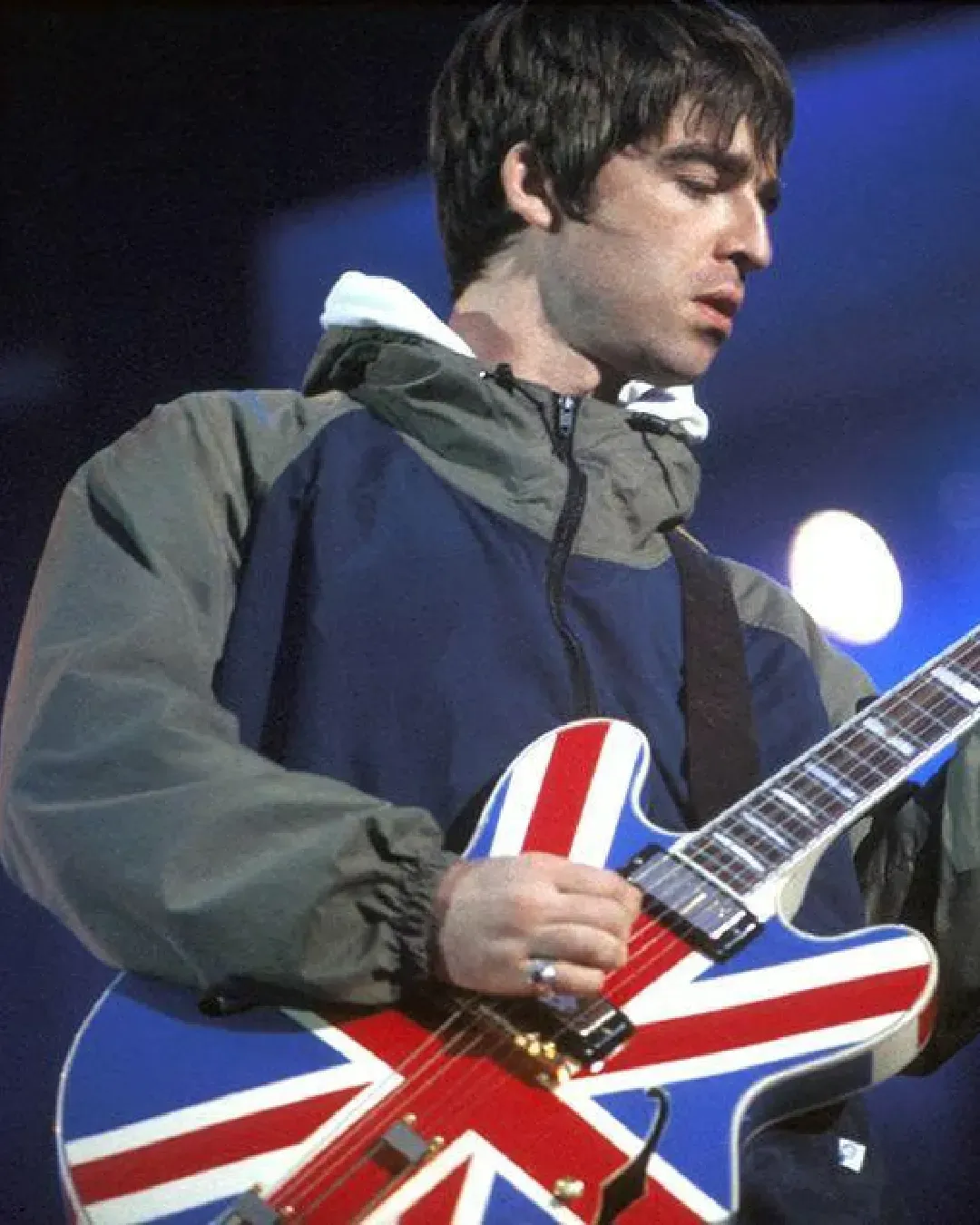
Burberry sales tumble 48% The stoppage of the tourism sector has caused huge losses to the brand headed by Riccardo Tisci
As the summer progresses and the luxury sector begins to unravel, big brands and industry groups are starting to pull their first-quarter balance sheets, marked heavily by the commercial consequences of the three months of lockdown. In particular:
- The big luxury retailers suffered huge losses: Nordstrom lost 521 million dollars, Macy's 630 million and Harrods cut 700 jobs.
- Sales of Nike and adidas fell by 38% and 19% respectively, Kering and LVMH had about 15% declines in their sales, while Capri Holdings group lost 551 million dollars in revenue.
- Tuscany's textile manufacture chain saw a 40% drop in orders from fashion brands
Burberry also recently released the results of its financial report for the fiscal first quarter of 2020 that ended June 27. According to the document, sales plummeted by 48% with a monetary loss amounting to 257 million pounds. The forecast for the current quarter is equally not rosy: the brand's analysts expect that sales will remain "materially impacted" by the coronavirus emergency, both from the point of view of tourism and from the point of view of government measures.
The first emergency measure adopted by the brand will be a sharp cut in costs in UK offices and shops with an expected financial recovery of 35 million pounds. These cuts are an expansion of the plan, already announced by Burberry in early July, to reorganize product development and merchandising teams. In addition, the brand's global headcount will be cut by 5%, i.e. around 500 retail and administrative roles – although Burberry's COO Julie Brown has stressed that cuts in manufacturing and retail will not happen in the UK.
In the current situation, on the monthly level, the decline in sales in June was 20% with signs of recovery in China and Korea in the leather goods sector. Second-quarter retail sales are still expected to decline by between 15% and 20%. But clearer predictions should be when national emergency management has set a clearer course:
«The second half, and the course of the pandemic from here, will largely depend on the actions governments pursue to control the spread of the virus as economies restart, including their responses to second viral waves, as well as the phasing of store re-openings, an easing of travel restrictions, and the on-going consumer response».



























































